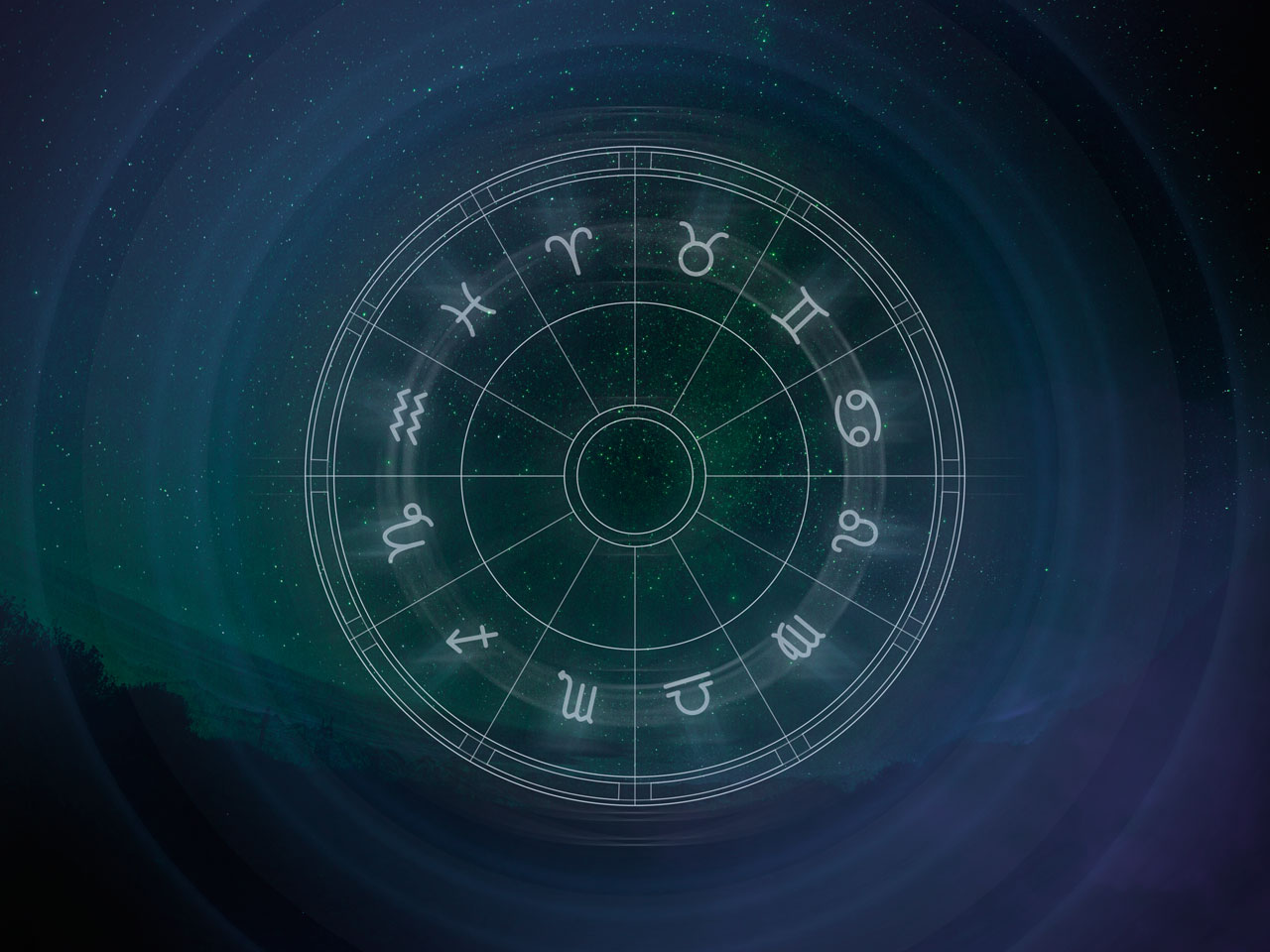Retrocausality: Exploring the Possibility of Backwards Causation
The idea of retrocausality, or backwards causation, challenges our understanding of causality and the arrow of time. According to retrocausality, an effect can occur before its cause, which seems to go against the fundamental laws of physics. Despite its counterintuitive nature, however, retrocausality has been proposed as a possibility in several branches of physics, including quantum mechanics, time symmetry, information theory, and consciousness.
- Quantum Mechanics
One of the main arguments for retrocausality comes from the field of quantum mechanics, which describes the behavior of particles at the atomic and subatomic level. According to quantum mechanics, particles can exist in multiple states simultaneously, and their behavior is described by wave functions that collapse into a single state when they are observed. Some interpretations of quantum mechanics suggest that the wave function collapse could be influenced by future events, which would imply retrocausality.
For example, the delayed choice quantum eraser experiment involves a photon that passes through a series of optical elements and lands on a detector. If a certain measurement is made on the photon’s entangled partner after the photon has already been detected, the pattern of the photon’s behavior changes, even though the measurement was made after the photon had already been detected. Some physicists interpret this as evidence for retrocausality, since the measurement made after the photon’s detection seems to influence its past behavior.
- Time Symmetry
Another argument for retrocausality comes from the idea of time symmetry, which suggests that the laws of physics should be reversible in time. If this is true, then effects could theoretically occur before their causes, since a future state could influence a past state. While time symmetry is an attractive idea, it is not yet clear whether it applies to the entire universe or just certain physical systems.
- Information Theory
Some proponents of retrocausality argue that it could be explained by information theory, the branch of science that deals with the processing and transmission of information. According to this argument, retrocausality could be seen as a form of “backwards communication,” in which information from the future influences the past. For example, it has been proposed that retrocausality could be used to explain the behavior of certain biological systems, such as the synchronization of fireflies.
- Consciousness
Finally, some proponents of retrocausality argue that it could be related to the nature of consciousness and the role of the observer in quantum mechanics. According to this argument, consciousness could play a role in collapsing the wave function and influencing the behavior of particles in a retrocausal manner. While this idea remains controversial and unproven, it has been the subject of ongoing research in the field of quantum mechanics.
Despite the intriguing arguments in support of retrocausality, it remains a controversial and unproven concept in mainstream physics. The idea challenges our fundamental understanding of causality and the arrow of time, and it raises profound questions about the nature of reality and our place in it. While much research has been devoted to exploring the possibility of retrocausality, it remains an open question that will require further investigation and experimentation to resolve.

